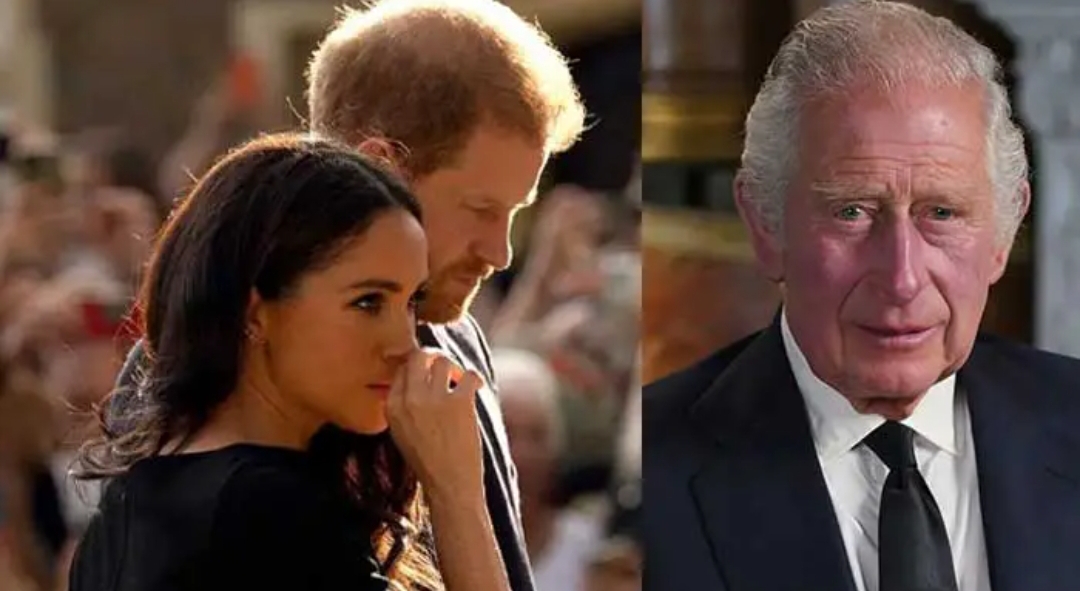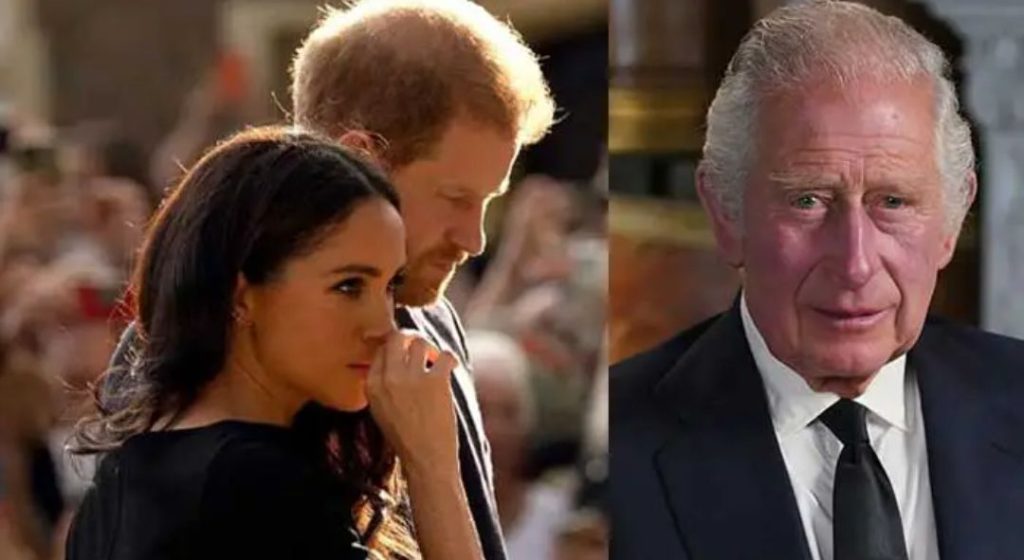
King Charles III’s recent actions have hinted at a potential seismic shift within the British royal family, with reports suggesting that he may be considering abdicating the throne in favor of his eldest son, Prince William, following a peace deal between Prince William and his brother, Prince Harry.
The monarch’s recent gestures of forgiveness and inclusivity toward other members of the royal family, including Sarah Ferguson and Prince Andrew, have fueled speculation about a broader effort to mend familial rifts.

According to Thenews, The prospect of King Charles abdicating the throne marks a significant development, considering the historical rarity of such decisions within the British monarchy. While abdications are not unprecedented – notably, King Edward VIII abdicated in 1936 – they are infrequent and often carry substantial implications for the royal succession.
The reported peace deal between Prince William and Prince Harry is seen as a critical catalyst in King Charles’s contemplation of abdication. The strained relationship between the two brothers has been a subject of public interest, exacerbated by their divergent paths in recent years. However, recent events suggest a potential thaw in their relationship, with the possibility of a reconciliation paving the way for a more stable future for the royal family.
King Charles’s decision to forgive Sarah Ferguson and extend an invitation to Prince Andrew to join the royal family during the Christmas walk further underscores his commitment to healing familial wounds. The monarch’s gestures of inclusivity suggest a broader strategy to mend fractured relationships within the royal circle, signaling a departure from past tensions.
The invitation to Prince Harry and Meghan Markle to return to the royal fold is positioned as a potential crowning achievement in King Charles’s efforts toward reconciliation. The Duke and Duchess of Sussex have spent several Christmases away from the royal family, but King Charles’s reported willingness to extend an olive branch indicates a desire to rebuild family ties and foster unity within the monarchy.
The considerations of abdication by King Charles may also reflect an acknowledgment of the evolving expectations and challenges faced by the modern monarchy. As the royal family navigates an era of increased public scrutiny and shifting societal values, a leadership transition to Prince William could symbolize a generational shift that aligns with the monarchy’s ability to adapt to contemporary expectations.
While the reports of a potential peace deal and abdication remain speculative, they reflect the ongoing narrative of change within the British royal family. The transition from Queen Elizabeth II’s reign to King Charles III was already anticipated to bring a series of adjustments, and the potential involvement of Prince William in a new era further underscores the monarchy’s capacity for adaptation.
The complexities of familial relationships and royal duties are magnified within the public eye, and any steps toward reconciliation and unity within the royal family are likely to be met with both anticipation and scrutiny. King Charles’s reported efforts to foster harmony among his family members reflect a commitment to a united front as the monarchy evolves in the 21st century.




